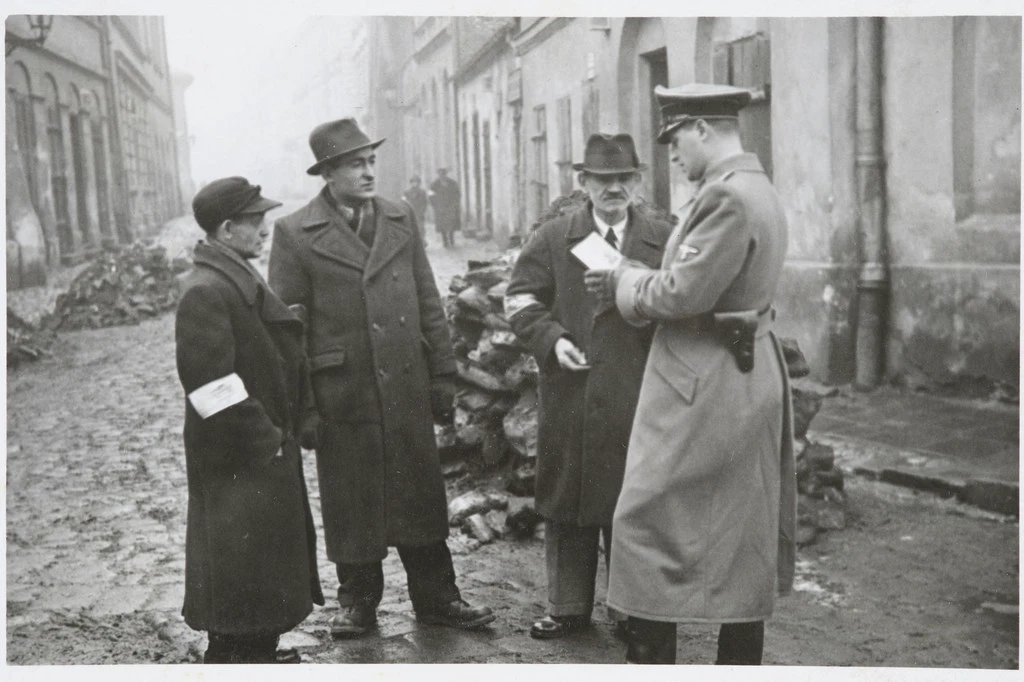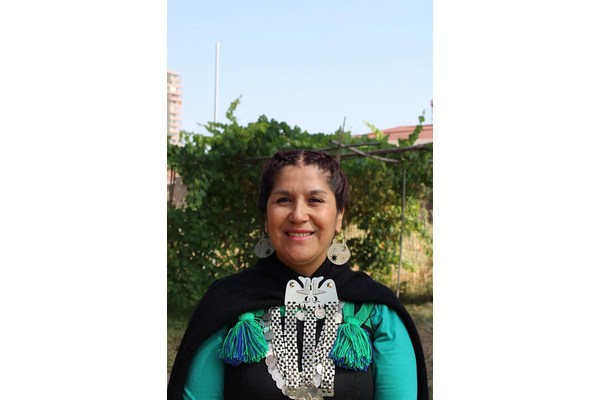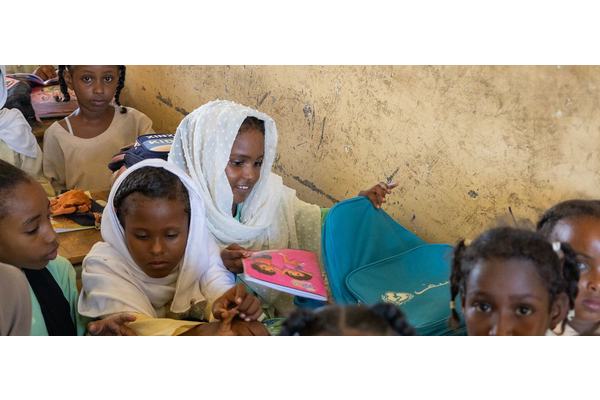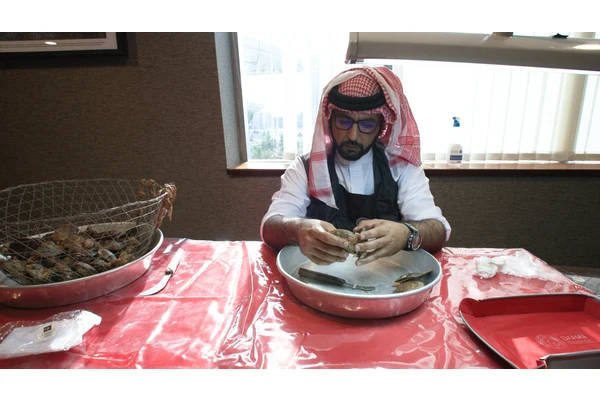Shuttering ‘rabbit holes’ of hate: Holocaust survivors send powerful message in new documentary | UN News
Amid a recent spike in antisemitic violence across the world, the screening of legendary filmmaker Ken Burns’ latest documentary on Thursday highlighted a dark chapter in US history, and a frank high-level discussion at UN Headquarters showcased a proposed new code of conduct to shutter ‘rabbit holes’ of hate and online disinformation.
The UN also created programmes on the Holocaust and the Genocide against the Tutsi in Rwanda along with its Strategy and Plan of Action on Hate Speech. In 2022, the UN General Assembly adopted a resolution to combat Holocaust denial.
Antisemitism is a ‘global pandemic’
At the side event, Ambassador Gilad Erdan of Israel, himself a grandson of Holocaust victims, commended ongoing efforts, but said “the UN must do more.”
“Words are not enough,” he said. “Hateful words always mutate into violent actions. Antisemitism is a global pandemic. No Jew should ever live in terror.”
Silence ‘is not an option’
Efforts must include a pushback against Holocaust denial, with consequences for those engaged in antisemitism, said Doug Emhoff, the Second Gentleman of the United States, speaking at the event.
“Silence is not an option,” he said. “We must all speak out against antisemitism and build coalitions to tackle this tide of hate. Any threat to one community is a threat to all communities. We must instill knowledge to fight antisemitism.”
Ambassador Linda Thomas-Greenfield of the United States, which co-hosted the event, warned that hate is fomenting, both online and in person.
“All around the world, antisemitism is pervasive and it’s growing,” she said. “We need to stand up to this threat and stand up for Jewish people everywhere.”
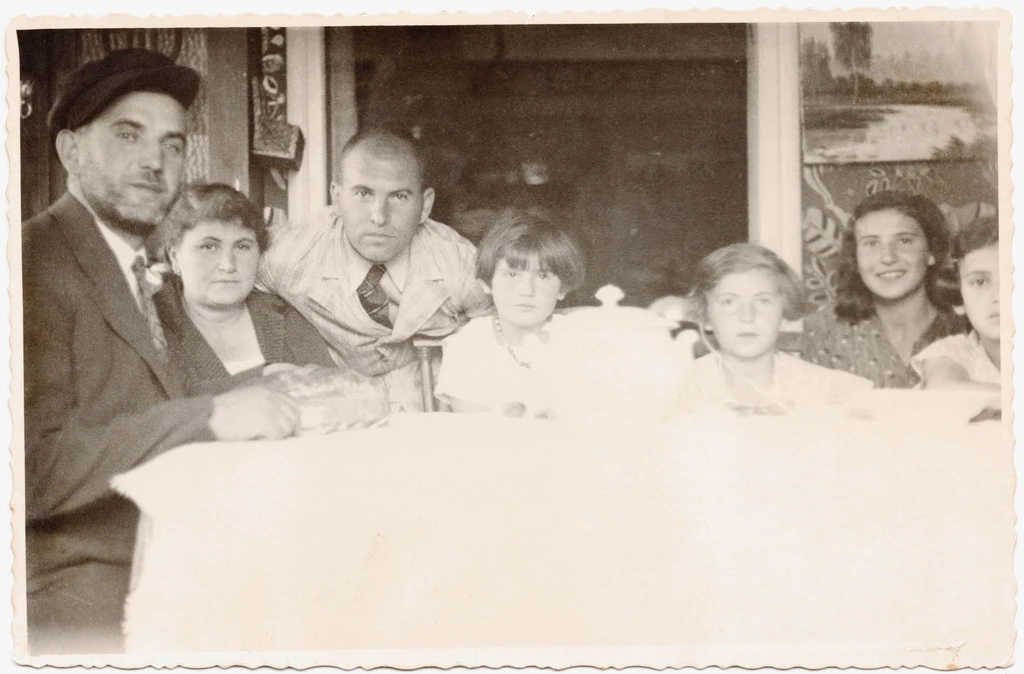
Halting ‘digital antisemitism’
Fighting “digital antisemitism” is essential, Ms. Fleming said, highlighting such alarming internet algorithms as “6mwe” – “six million weren’t enough” – referring to the number of Jews killed by Nazis.
A 2022 UN report showed that antisemitism is rampant on some platforms, with 50 per cent of posts on the Telegram social media platform relating to Holocaust denial, she cautioned. To combat this trend, the UN partners with Facebook and TikTok to publish accurate information.
‘Rabbit holes of hate’
“The hate is circulating far and wide,”the UN communications chief said, adding that nefarious algorithms are leading people down “rabbit holes of hate” and disinformation, including movements denying the Holocaust ever happened.
“We are appealing to the tech companies to stop this because the dangers of distortion and denial are too much,” she said, warning that lies about a “white genocide” have begun to spread, fuelling violence and gathering followers online.
“We used to laugh at the rise of Q-Anon, but we’ve seen it enter the rest of the world thanks to social media,” she said, referring to the US-based movement fuelling conspiracy theories and other groups that have been “repackaged for the internet age”.
“We’re in a moment when we need a wake-up call,” she said. “Holocaust denial and distortion are attacks on historic truth.”
There has always been fake news, Mr. Burns told UN Video. Listen to the full interview here.

